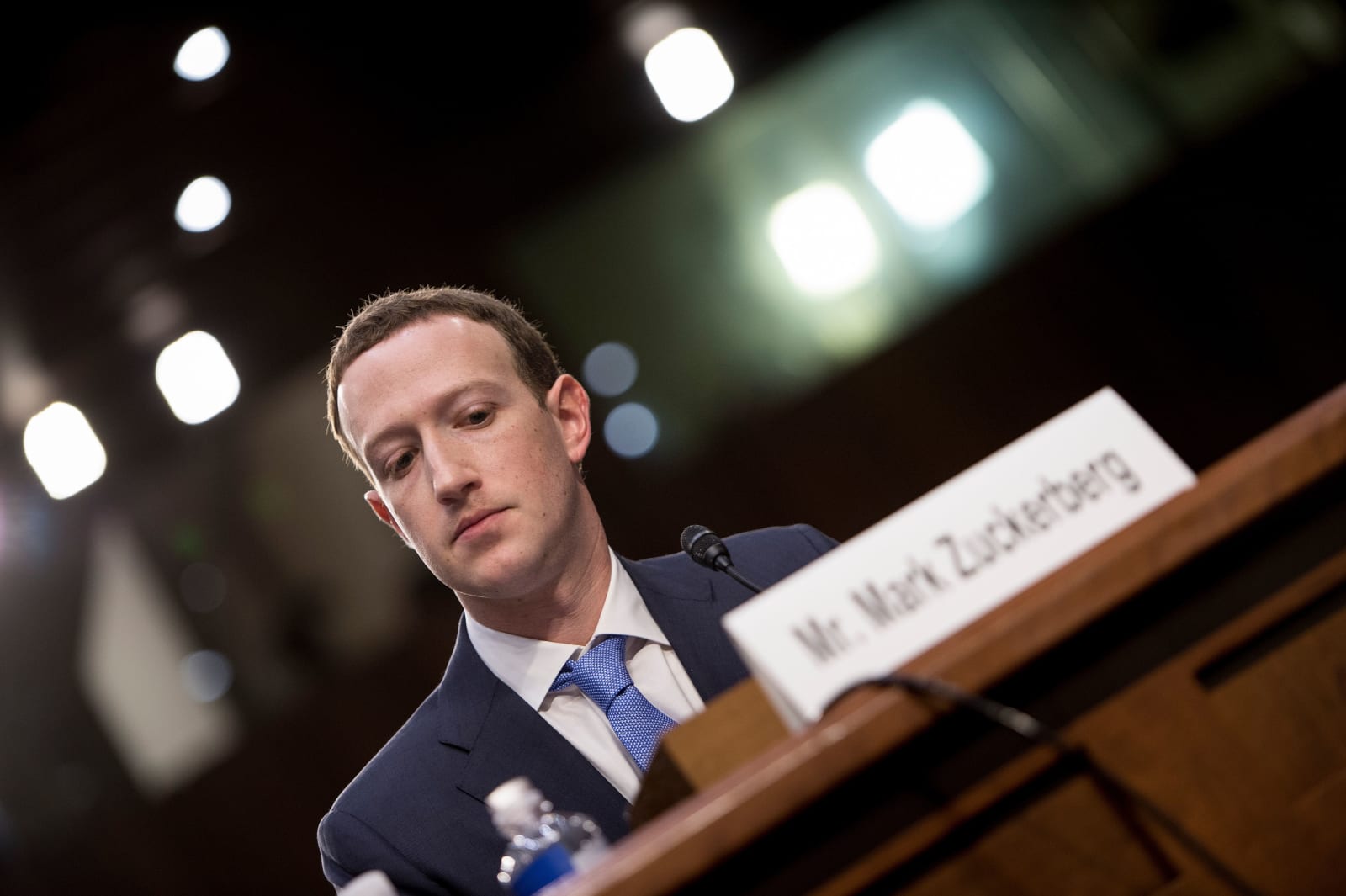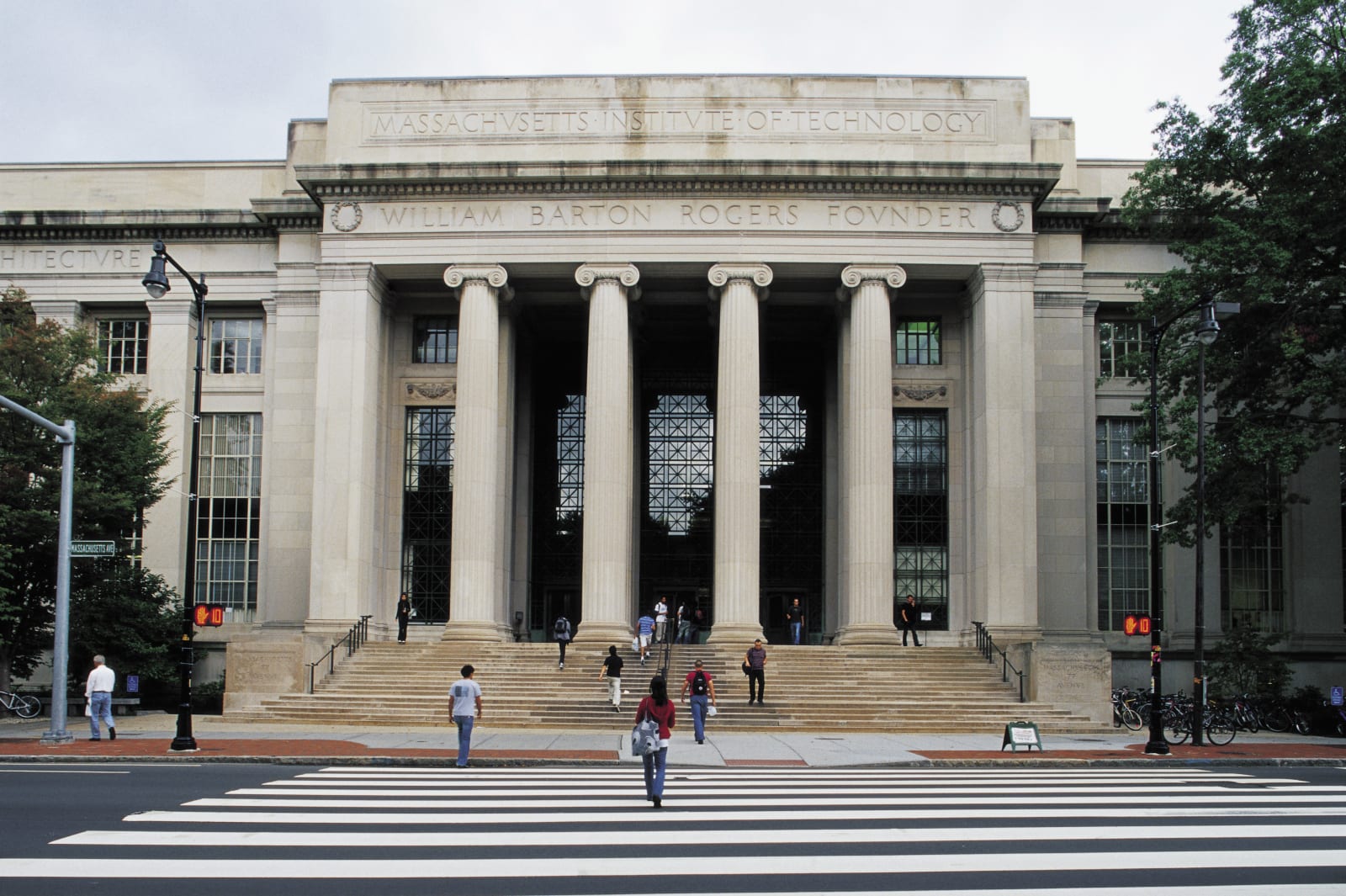Tag Archives: CambridgeUniversity
Cambridge researcher claims no ‘misuse’ of data after Facebook ban
 Yesterday, Facebook announced that it had banned the Cambridge University app myPersonality, which was collected user data for academic and research purposes. Facebook claimed it banned the app for two reasons: the creator refused to an audit and the...
Yesterday, Facebook announced that it had banned the Cambridge University app myPersonality, which was collected user data for academic and research purposes. Facebook claimed it banned the app for two reasons: the creator refused to an audit and the...
Facebook audit leads to the suspension of 400 apps
 In May a report by New Scientist revealed that a Cambridge University-developed app called "myPersonality" had collected personal information from millions of Facebook users, and failed to protect it from misuse. At the time, Facebook said it had alr...
In May a report by New Scientist revealed that a Cambridge University-developed app called "myPersonality" had collected personal information from millions of Facebook users, and failed to protect it from misuse. At the time, Facebook said it had alr...
Amazon’s Alexa Fellowship expands to 14 more universities
 Amazon is eager to get more bright minds working on voice technology, so it's expanding the Alexa Fellowship program to 14 more universities, including Massachusetts Institute of Technology, Texas A&M and Cambridge. The fellowships are financed t...
Amazon is eager to get more bright minds working on voice technology, so it's expanding the Alexa Fellowship program to 14 more universities, including Massachusetts Institute of Technology, Texas A&M and Cambridge. The fellowships are financed t...
Milky Way’s fastest stars could be runaways from another galaxy
 The fastest-moving stars in our galaxy, known as hypervelocity stars, may have a more interesting backstory than scientists first thought, according to new research from Cambridge University.
Astronomers initially believed these super-rare stars --...
The fastest-moving stars in our galaxy, known as hypervelocity stars, may have a more interesting backstory than scientists first thought, according to new research from Cambridge University.
Astronomers initially believed these super-rare stars --...
ICYMI: Pig poop could make more eco-friendly roadways
 Today on In Case You Missed It: The chemical makeup of pig manure is so similar to petroleum that it's being tested as a more bio-friendly way to make asphalt roads, while the leftover bits can be used as fertilizer. Since pigs already produce 43 b...
Today on In Case You Missed It: The chemical makeup of pig manure is so similar to petroleum that it's being tested as a more bio-friendly way to make asphalt roads, while the leftover bits can be used as fertilizer. Since pigs already produce 43 b...
ICYMI: Pollution sea vacuum, SpaceX’s success and more
 Today on In Case You Missed It: SpaceX successfully landed its reusable rocket, from a height of 125 miles-- then Elon Musk and Blue Origin CEO Jeff Bezos traded Twitter jabs for our entertainment. Scientists from Cambridge University found that oil...
Today on In Case You Missed It: SpaceX successfully landed its reusable rocket, from a height of 125 miles-- then Elon Musk and Blue Origin CEO Jeff Bezos traded Twitter jabs for our entertainment. Scientists from Cambridge University found that oil...
Cambridge University opening Graphene Centre to take material ‘to the next level’
As a quick glimpse of research in recent years will show you, there's seemingly no limit to what graphene can do. The carbon-based substance has largely remained the realm of the laboratory, but Cambridge is amongst those universities looking to help the amazing substance play a bigger role in industry. As part of its efforts, the school is set to start work on the Graphene Center at the beginning of next month, a facility that's set to "take graphene to the next level" when it opens shop by year's end, with the help of a £12 million ($19 million) grant. Scientists at the center will seek to harness the material to help create things like flexible, transparent electronics, networked devices and energy storage for electric cars. More information on the forthcoming recearch center can be found in the source link below.
Via: TechCrunch
Source: Cambridge University
Quantum cryptography keys ride the lightning on existing fiber lines
Quantum computing has teased us with its potential for some time, but we won't be seeing qubits in our laptops anytime soon. However, science has also sought to leverage quantum physics in cryptography, and a recent breakthrough will allow for quantum encryption over fiber optic cables already in use. Researchers from Toshiba and Cambridge University discovered that they could transmit and receive encryption keys using pulses of quantum light and a specialized photodetector.
The trick was to build a detector with a gate capable of both sensing a single photon and opening for just one tenth of one billionth of a second at the precise time that the photon arrives. Knowing the timing of the photon's arrival with such precision allows the quantum light to be captured and filtered out from other light pulses carrying regular data in the cable. Why all the effort to use quantum light? Well, if any quantum photon carrying an encryption key is intercepted during transmission, it's permanently changed. This, in turn, alerts those intended to receive the info that the encryption key may have been compromised.
Previously, quantum encryption keys could be exchanged, but only if sent using a dedicated fiber line, which isn't a cost-effective solution. This new method allows keys to be sent via existing lines already in operation transmitting data, so no dedicated fiber need be installed. In testing, simultaneous 1 Mbps quantum key data rates and 1 Gbps regular data rates were achieved, and one researcher told BBC News that the technology is "not too far away" from being used to secure financial networks. For now, the new quantum key distribution method remains in the lab, but you can read all about it at the source below.
Via: BBC News
Source: Physical Review X
Cambridge University helps new Raspberry Pi users break the crust with free guide, tutorials
It all looks so simple, doesn't it? A little board, a cute name -- why, you'll be up and robot-ing in no time, right? Well, just ask one of our techiest editors, who tried to learn a similar product, the Arduino -- and failed -- boards like the Pi are not cake. So, to push you in the right direction, Cambridge University is offering a free guide to creating a simple OS for the device called "Baking Pi." It's part of a course for new students of the institution's computer lab (who each get a Pi as part of their tuition), but the guide and a tutorial series are free to the public, as well. Programming experience is not required "if you are smart and persistent," but it will certainly be easier if you have some, according to the Pi website. The campus, which is the seat of the Raspberry Pi Foundation, certainly has a vested interest in getting new coders to the board -- not that they need to create any more demand. Check the source and coverage below for the guide and tutorials.
[Image credit: Mark Foss]
Filed under: Misc
Cambridge University helps new Raspberry Pi users break the crust with free guide, tutorials originally appeared on Engadget on Wed, 05 Sep 2012 02:03:00 EDT. Please see our terms for use of feeds.
Permalink The Verge, PC Pro |
The Verge, PC Pro |  Raspberry Pi Foundation, Cambridge University | Email this | Comments
Raspberry Pi Foundation, Cambridge University | Email this | Comments 

